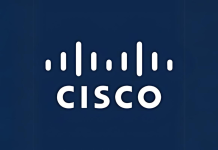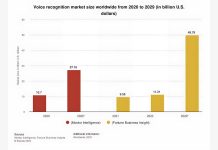An estimated 20+ billion devices will be connected to the Internet by 2020, according to research firm Gartner. While BCG predicts that over the same period, $267 billion will be spent on the Internet of Things (IoT) technology, Bain estimates revenues could exceed $470 billion for IoT vendors selling hardware, software and comprehensive IoT solutions.
These billions of devices in the new global industrial Internet ecosystem communicate information between one another and the cloud, opening up realms of opportunity for new business models, insights and new use cases for both consumer and business users. While on the consumer side, the IoT has already began to take over via wearable fitness bands, smart watches, connected cars and other gadgets that send data to a central processing hub, on the enterprise end, the IoT’s sensors and big data have improved manufacturing processes, better controlled production and energy use, monitored performance and collected, processed and analyzed previously unthinkable masses of data to result in more informed and efficient decision making.
Most all traditional tech giants including as SAP, GE, Cisco, HPE and IBM have doubled down on IoT given its immense value-add proposition to enterprise clients.
Take German software titan SAP, which offers an in-memory S/4HANA enterprise resource planning (ERP) software suite giving customers instantaneous insights from data collected from connected sensors, while also allowing third parties to develop IoT apps via open APIs. This year, the firm has expanded its IoT segment with a standalone platform called Leonardo, which acts as a “digital innovation system” across a range of enterprise issues.
While old guard tech giants have found the IoT segment as a means to transform into 21st century leaders and keep up with major tech industry trends, other smaller startups have found success in IoT niches such as cybersecurity. With billions of connected devices opening up the same number of targets for cybercriminals, the IoT has pressured the cybersecurity landscape to quickly evolve to cloud-based solutions from bulky systems sales.
























